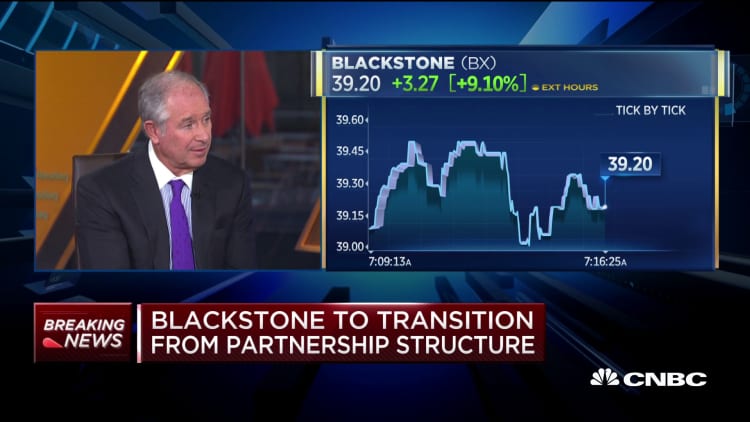For restaurants, minimum wage hikes usually mean higher menu prices and fewer employee hours, according to a survey released Wednesday.
Harri, a workplace management software company that works with restaurants, surveyed 173 restaurants between Feb. 28 and March 15 about the impact of raising the minimum wage. The respondents represent more than 4,000 restaurant locations ranging from fine dining to fast food.
Fast-food workers across the country have been driving the fight for a higher minimum wage to keep up with the cost of living. States across the U.S. have been raising their minimum wages. Six states, including Illinois and Maryland, have approved laws phasing in a $15 minimum wage. Washington, D.C., currently has the highest minimum — $13.25 — and that is set to rise to $14 an hour on July 1 and to $15 on July 1, 2020.

However, the federal minimum wage has remained stagnant since 2009. House Democrats have been pushing a bill to raise the federal minimum wage to $15 per hour from $7.25, but it is unlikely to pass.
Proponents of increasing the minimum wage argue that it can stimulate the economy, reduce income inequality and decrease taxpayer spending on government assistance programs. Opponents like the National Restaurant Association say that it eliminates jobs and hurts small businesses. But not all restaurants oppose these efforts. Notably, McDonald's told the NRA last month that it would no longer join in its lobbying efforts against minimum wage hikes.
The restaurant industry employs a large portion of minimum wage workers. It's no surprise that 83% of survey respondents affected by minimum wage hikes reported that their labor costs rose at least 3%.
Twenty-three percent responded to minimum wage hikes by not making any changes to their business.
But the majority did. The most popular response — from 71% of operators — was to raise menu prices. Nearly half reworked their food and beverage options to reduce costs.
Some operators responded to the minimum wage increases by cutting costs, with 64% saying they reduced employee hours, and 43 percent saying they eliminated jobs.
Outside the restaurant industry, companies like Bank of America and Target have been hiking internal minimum wages to attract and retain employees in a tight labor market. Similarly, 87% of survey respondents affected by minimum wage hikes said that they increased wages for workers who made more than the minimum wage.



